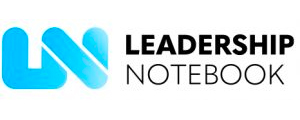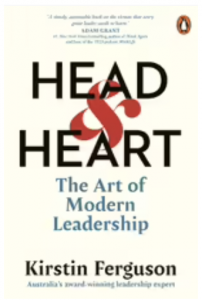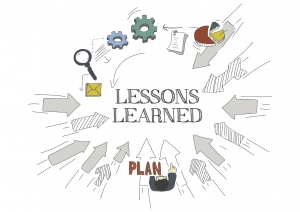Is leadership out of reach?
A coaching client recently raised their perception that ‘leadership is out of reach’ for them. Despite experience in their role and their organisation, they thought that they could only apply for a leadership role if they had a university degree. Consequently, they had reluctantly relegated themselves to non-leadership roles, did not feel they were contributing to their potential, and felt unfulfilled.
As you could imagine, this approach has significant impacts for an individual’s career and potentially also for the organisation.
Many people make assumptions about what ‘leadership’ looks like and ascribe all sorts of limitations to themselves in being a leader.
For my client, this was about not having a university degree. For others, this could be something else.
We can’t all have a formal leadership role because there’s only so many to go around and we aren’t all suited to or interested in what leadership might entail. But that doesn’t stop you from being a leader.
If you aspire to a leadership role, how can you start to forge a leadership identity for yourself that allows you to reach for your potential,
add more value, feel more fulfilled, and which can also be observed by others?
“Anyone can be a leader”
Leadership is not a role title or your position in the organisational hierarchy. Many people show leadership in different facets of their lives without any formal leadership title or role.
In a recent book club event, leadership expert Kirsten Ferguson talked about her latest book “Head and Heart” in which she notes that ‘anyone can be a leader’.
In her research, the most effective leaders (regardless of their role level) put humans at the centre of their decision-making, taking account of both head (logic) and heart (empathy).
Ferguson notes that we all carry our head and our heart with us wherever we go and therefore can draw upon this to show our leadership.
Leadership is a series of moments
While it’s useful to give some thought to the type of leader you want to be to help guide your behaviour, Ferguson suggests some underlying principles:
- Leadership is a series of moments. It’s how you conduct yourself – the things you say, the actions you take, and how you do these as you go about your day.
- Every moment matters – both positive moments (e.g., asking an insightful question) and negative moments (e.g., losing your temper) create a perception of who you are in your role.
- Be conscious that you’re a leader. Others observe you as the leader that you are (in that moment) as well as the potential that you have. If you don’t behave as a leader, then you won’t be seen as a leader now and could impact the perception of your potential.
Being more conscious
Being conscious of how you behave – especially in-the-moment – is called self-awareness.
It extends to include an understanding of what prompts your behaviour (e.g., your triggers) as well as understanding the impact of your behaviour on others. Self-awareness is the starting point for strong emotional intelligence.
One of the most useful actions that you can take to increase your consciousness or active awareness of your behaviour and its impact – starting today – is reflective practice.
This means taking the time to reflect on what you did and how you did it, the impact that it had, and what you might have done differently to have greater positive impact. If you don’t do this already, then it helps to schedule daily reflection time into your diary.
..And the number one activity to help your reflective practice is to actively seek feedback from others.
The key here is ‘what can I learn about myself, about how I behave, and how I present to others?’
This is how we lessen our blind spot, challenge our self-perception and assumptions, and identify what and how we could do things differently. We open up to learning about ourselves and making changes so that we grow and improve.
While we all carry our head and our heart with us wherever we go, the key is knowing what is needed when and getting the balance right.
This knowing comes from our reflective practice and from feedback about the impact we have on others. Both provide us with information and insight, which then help us to identify what skills and knowledge we need to work on next to be most effective.






